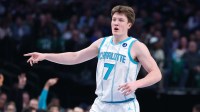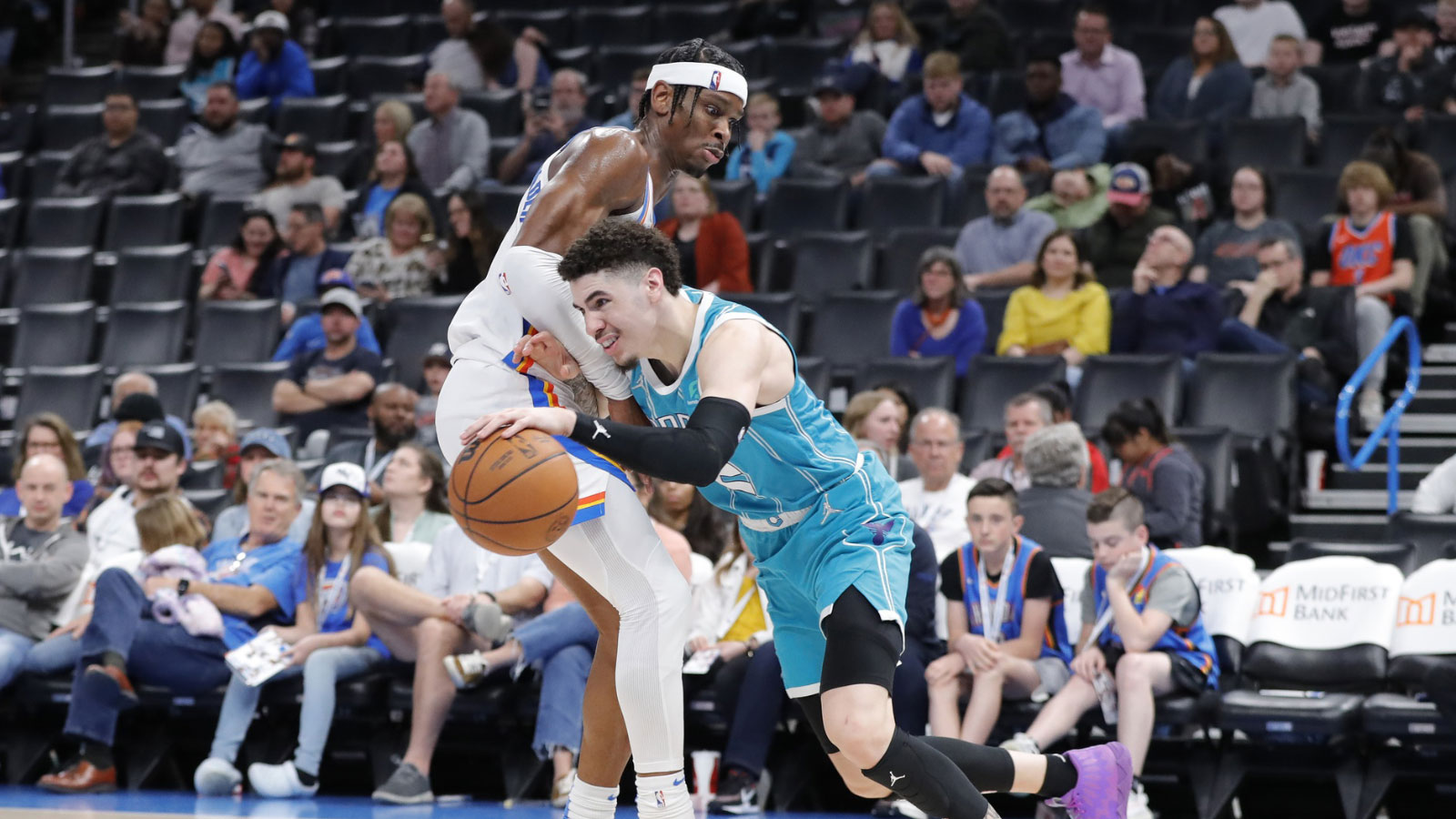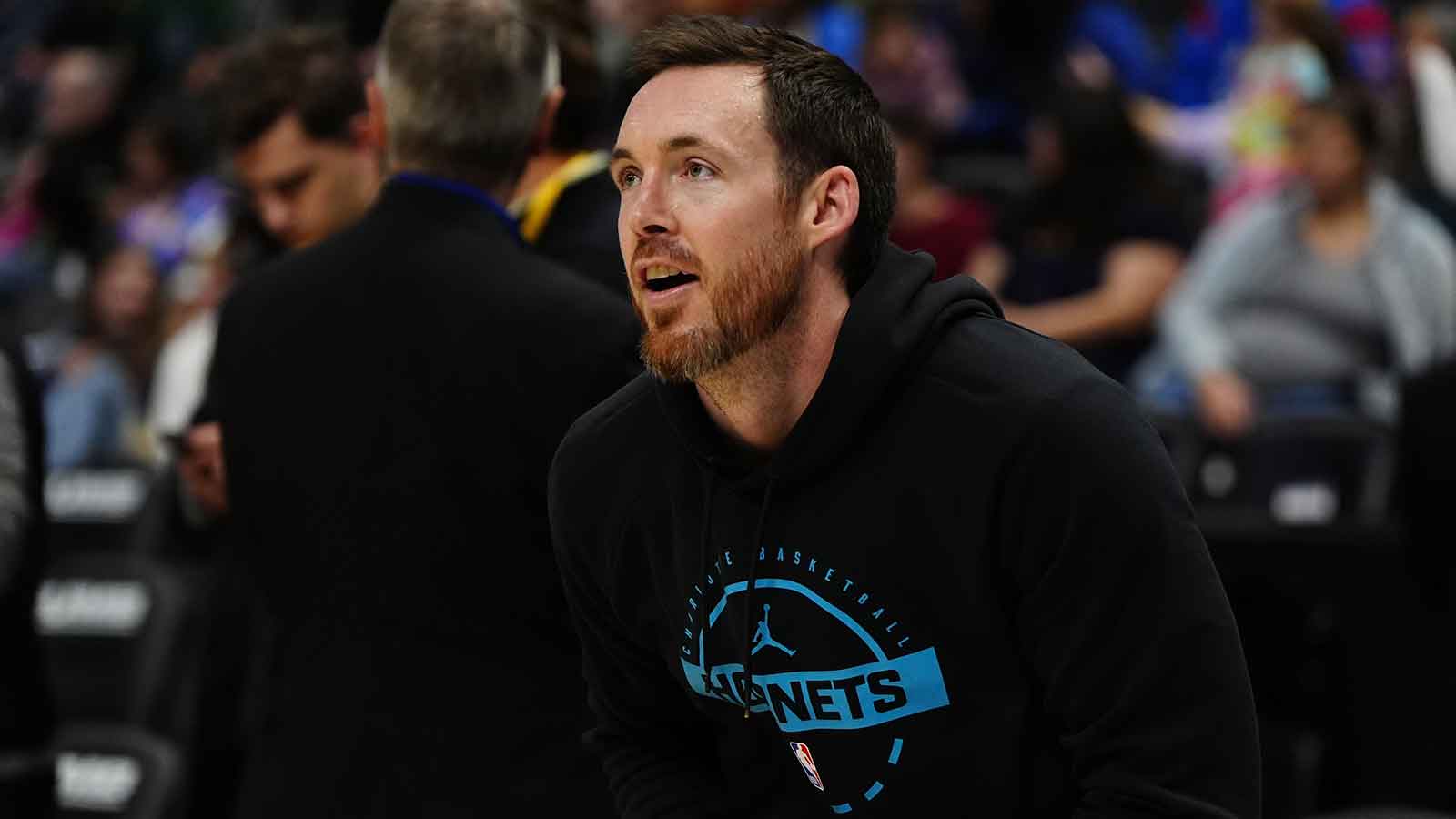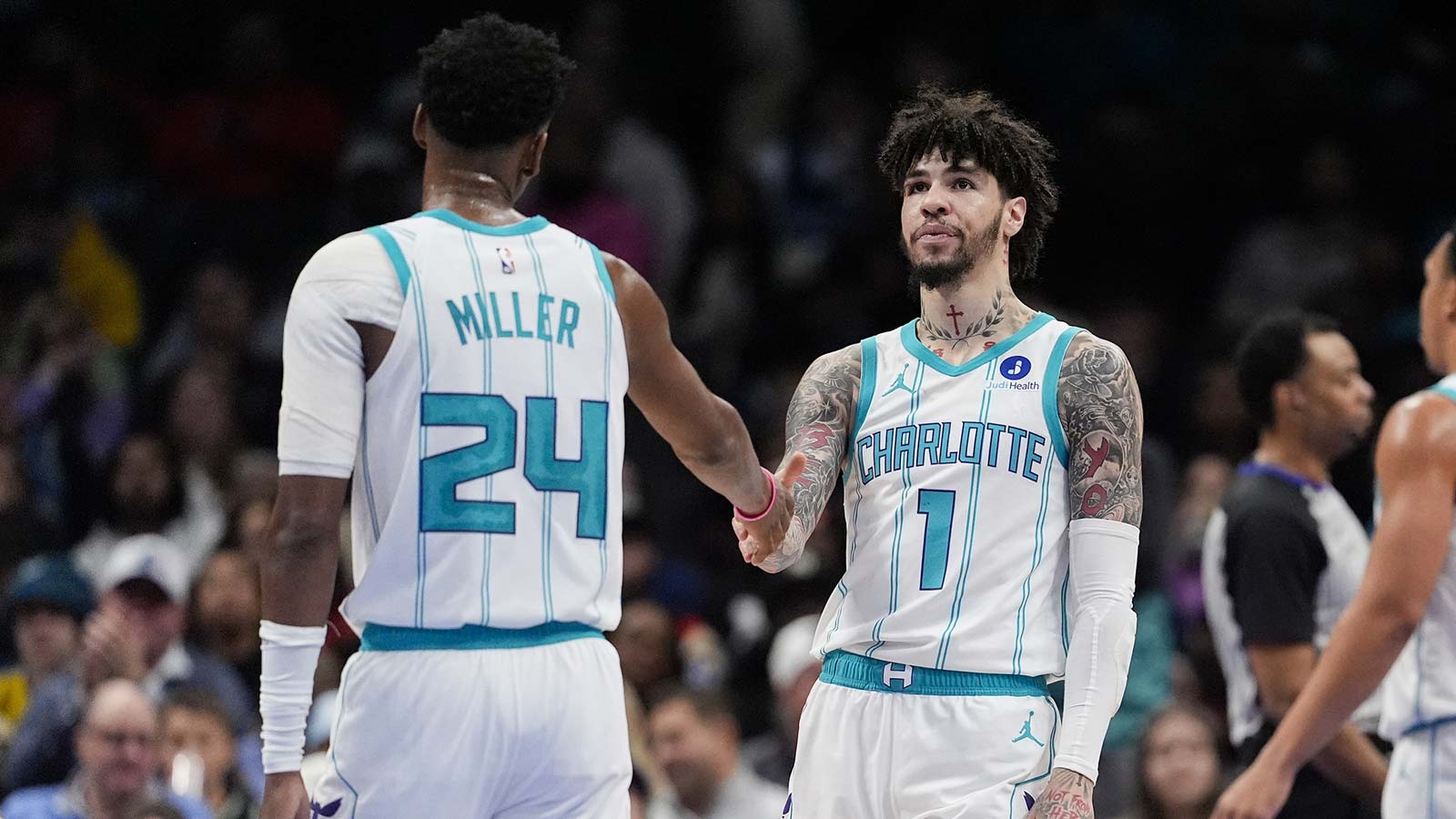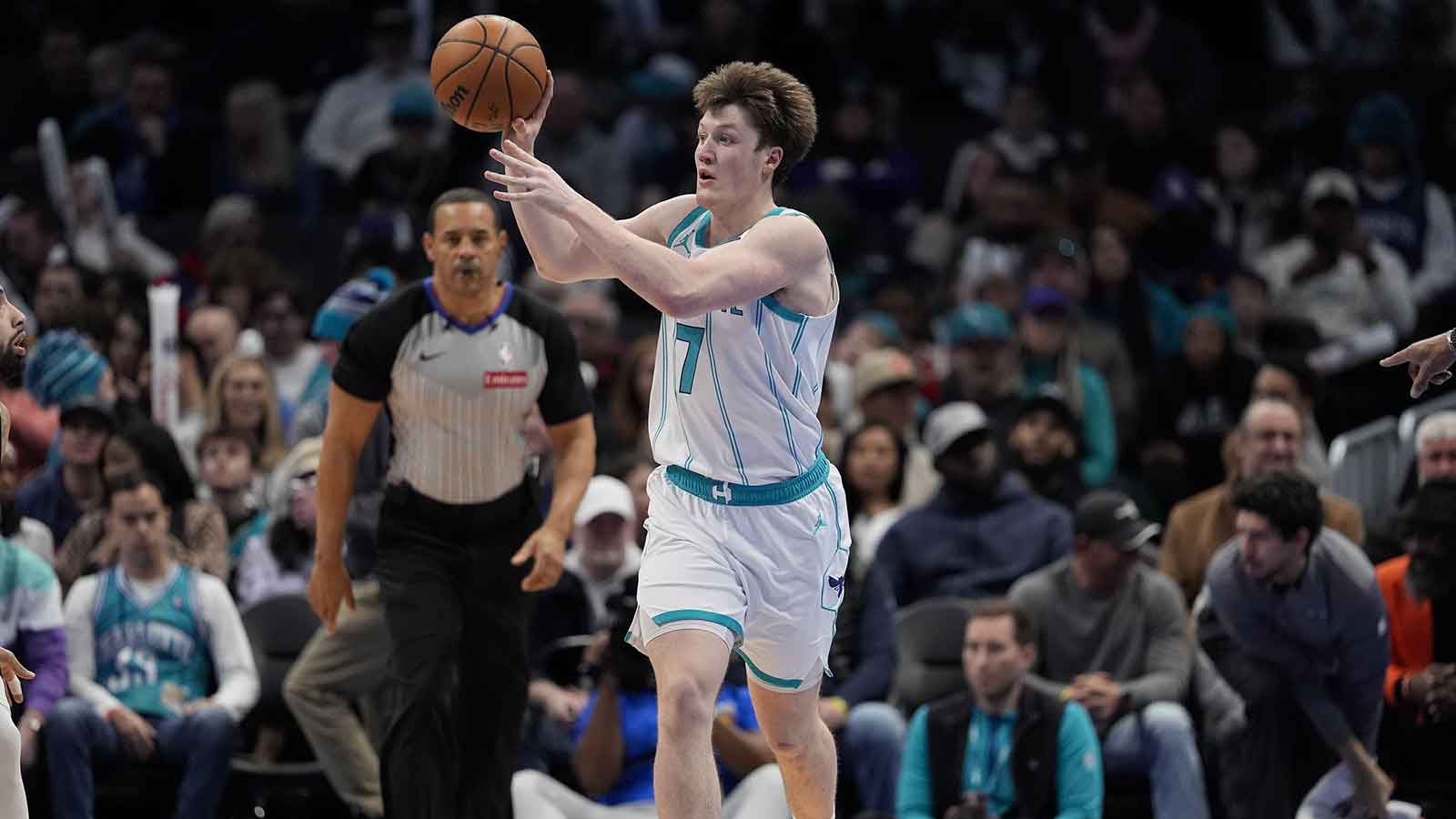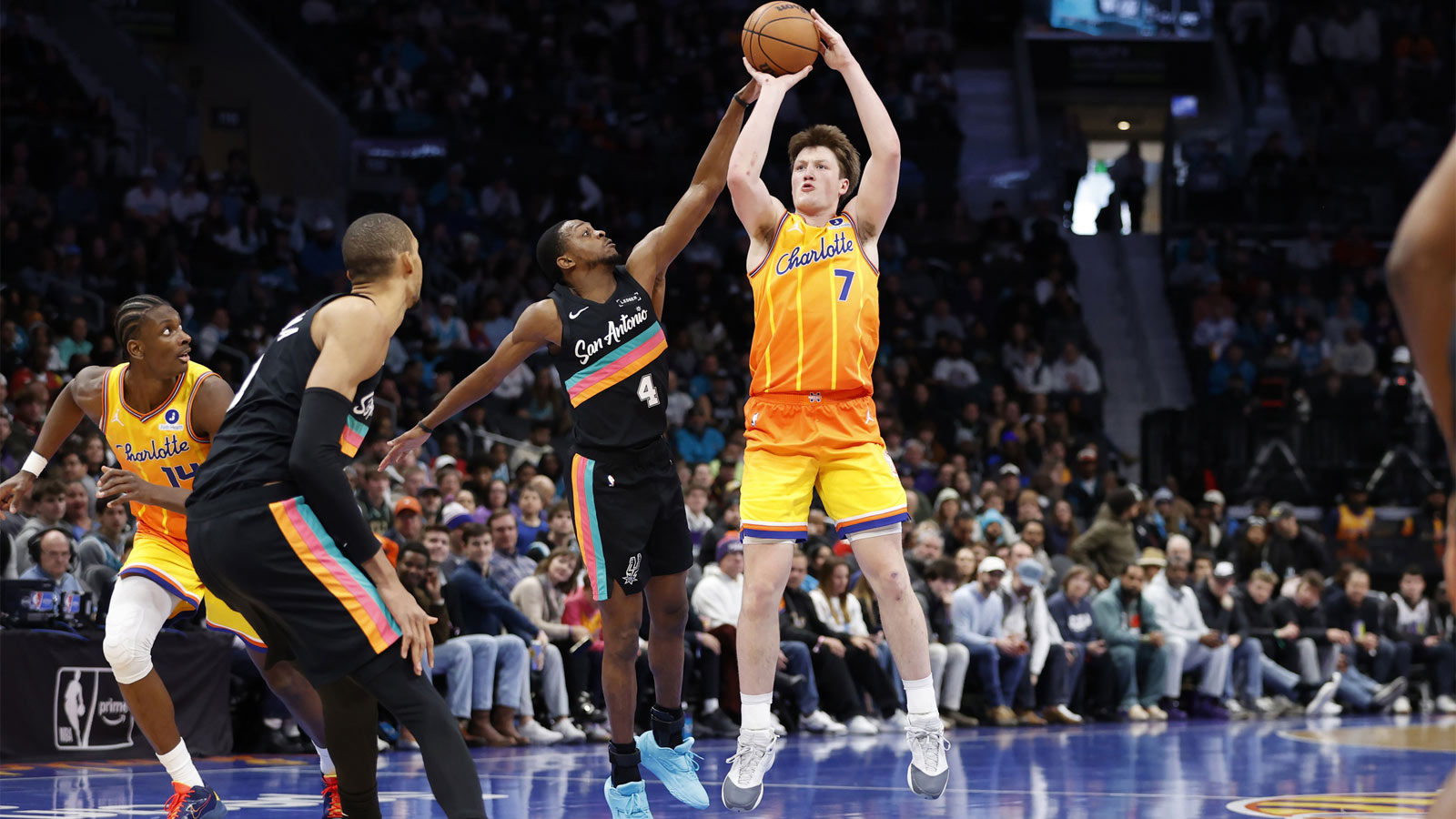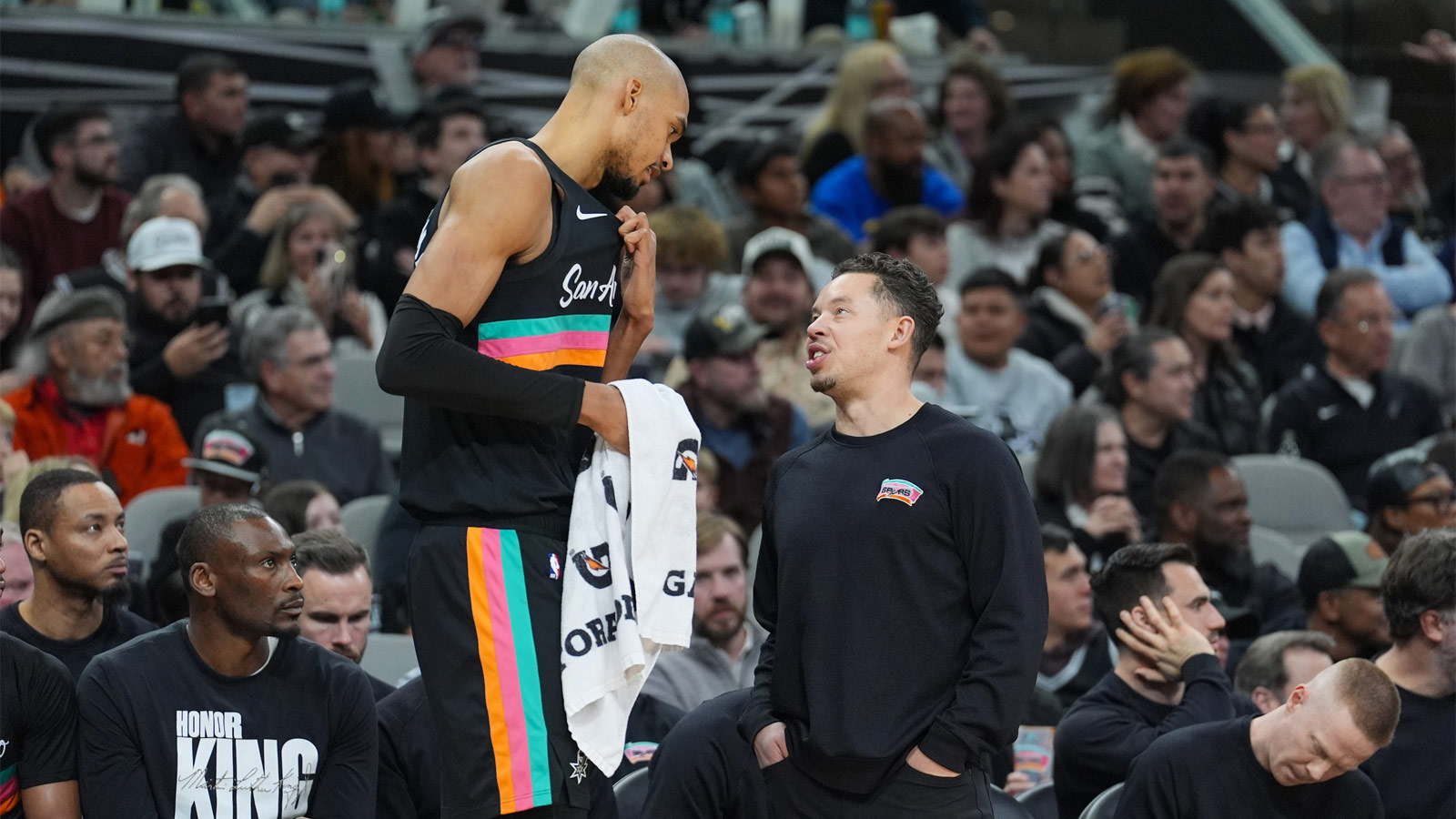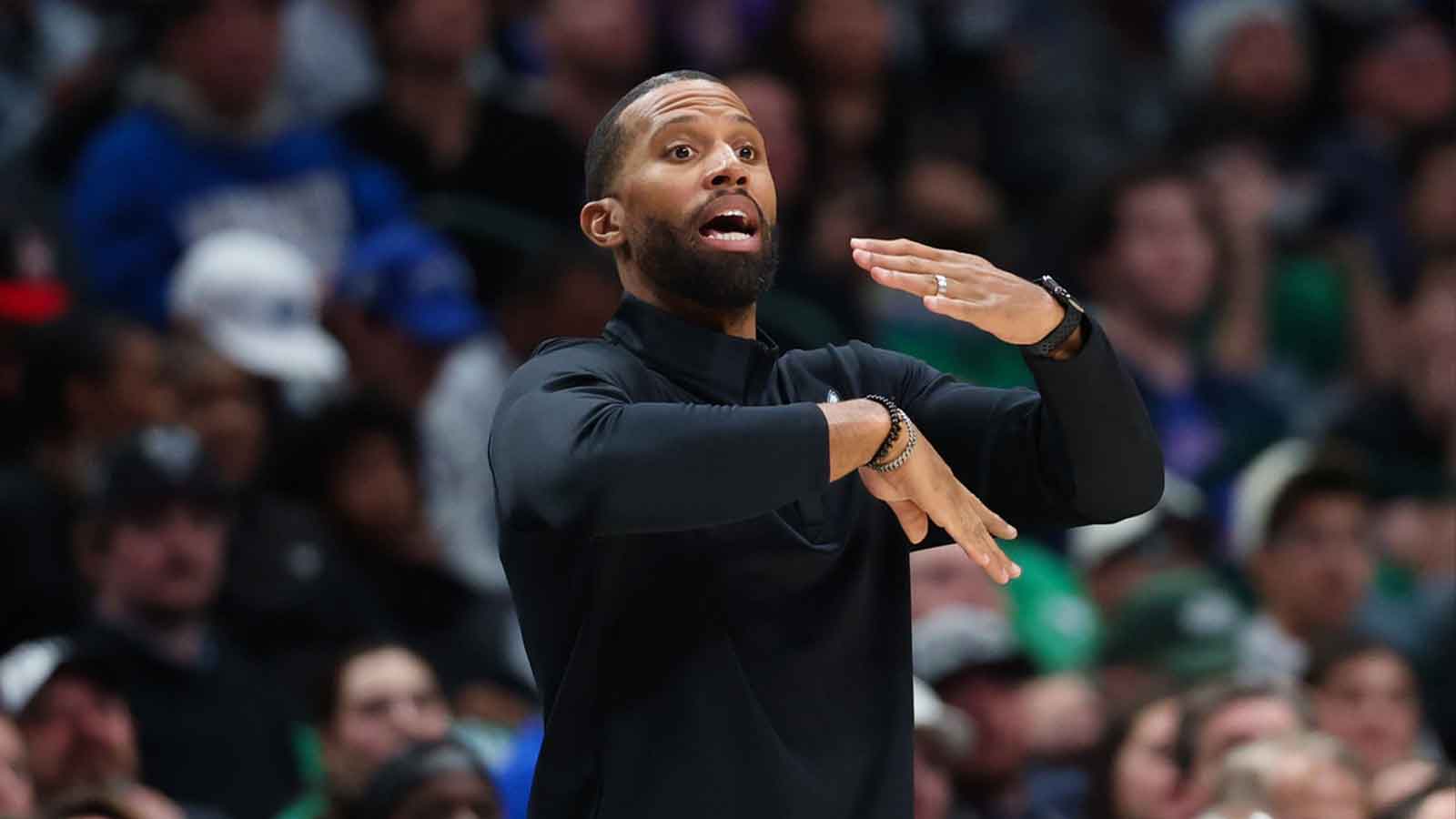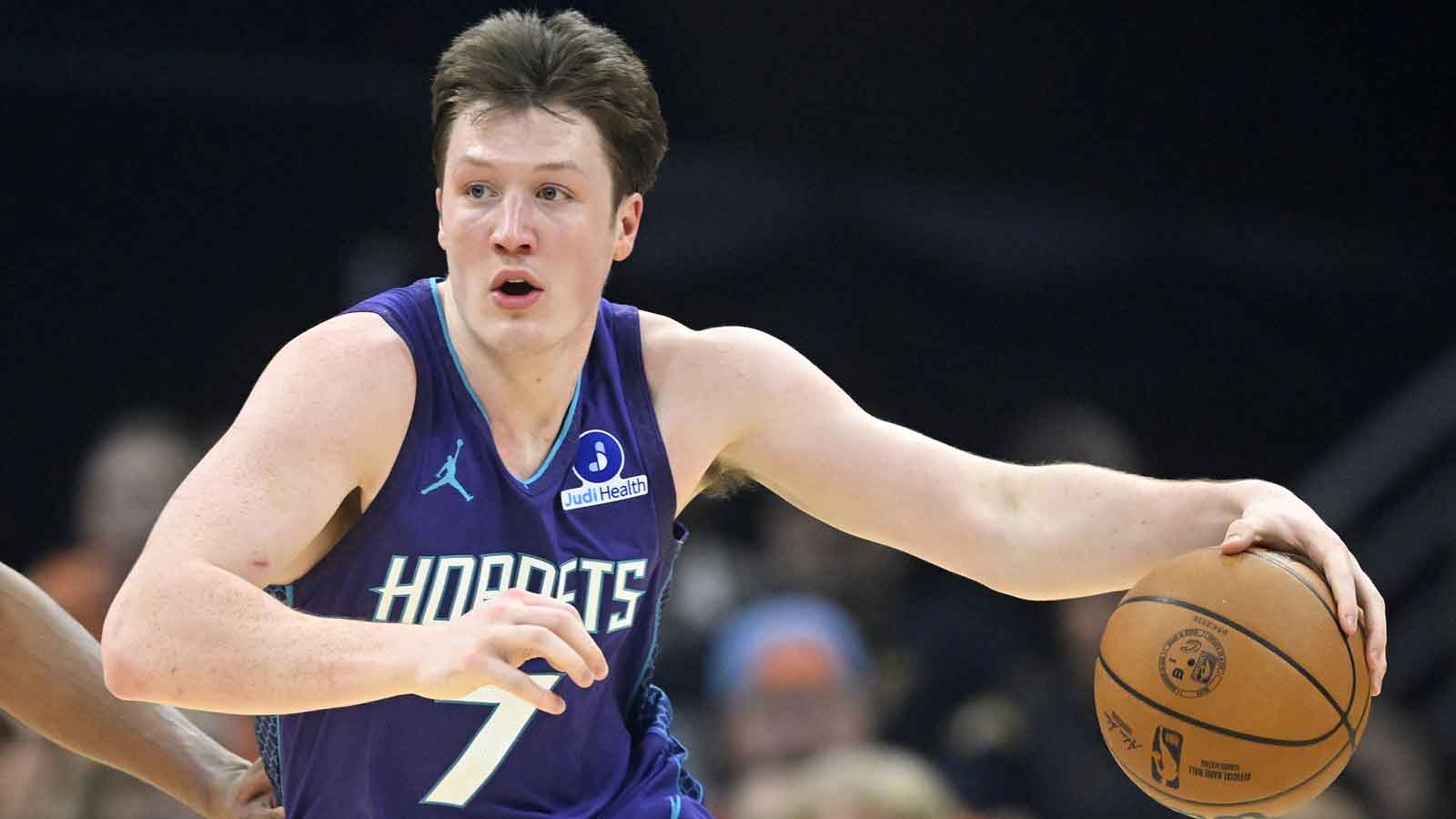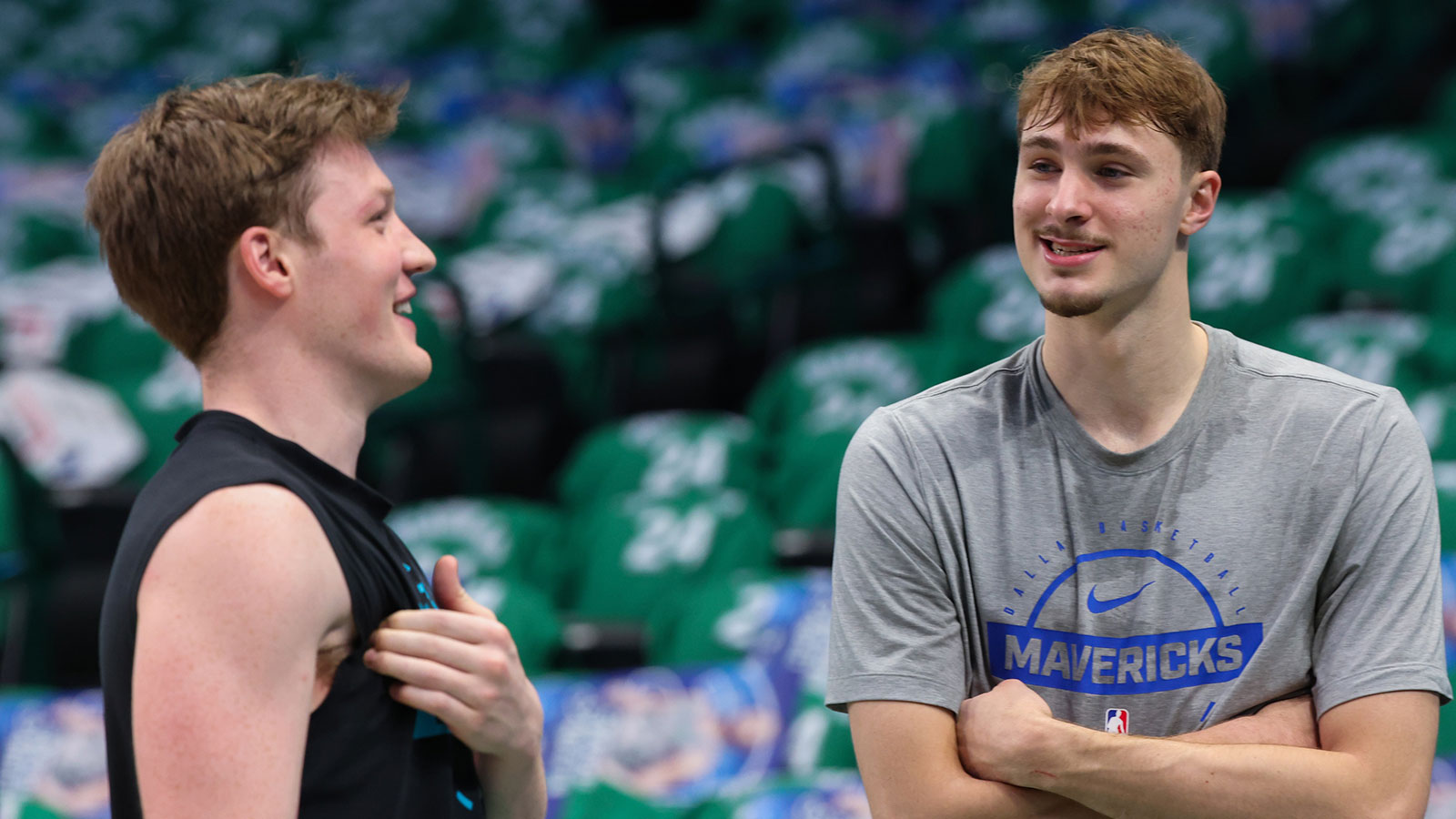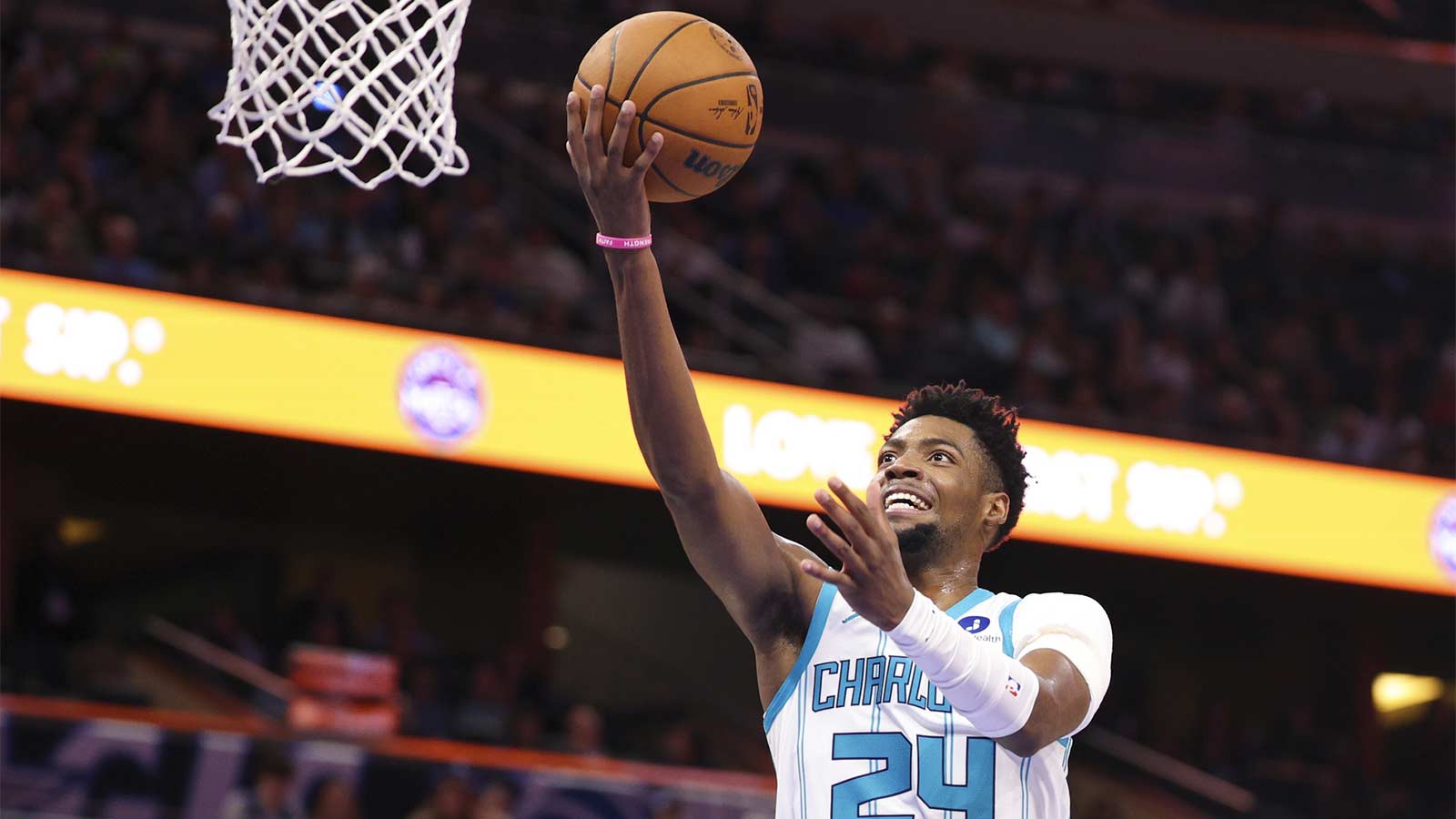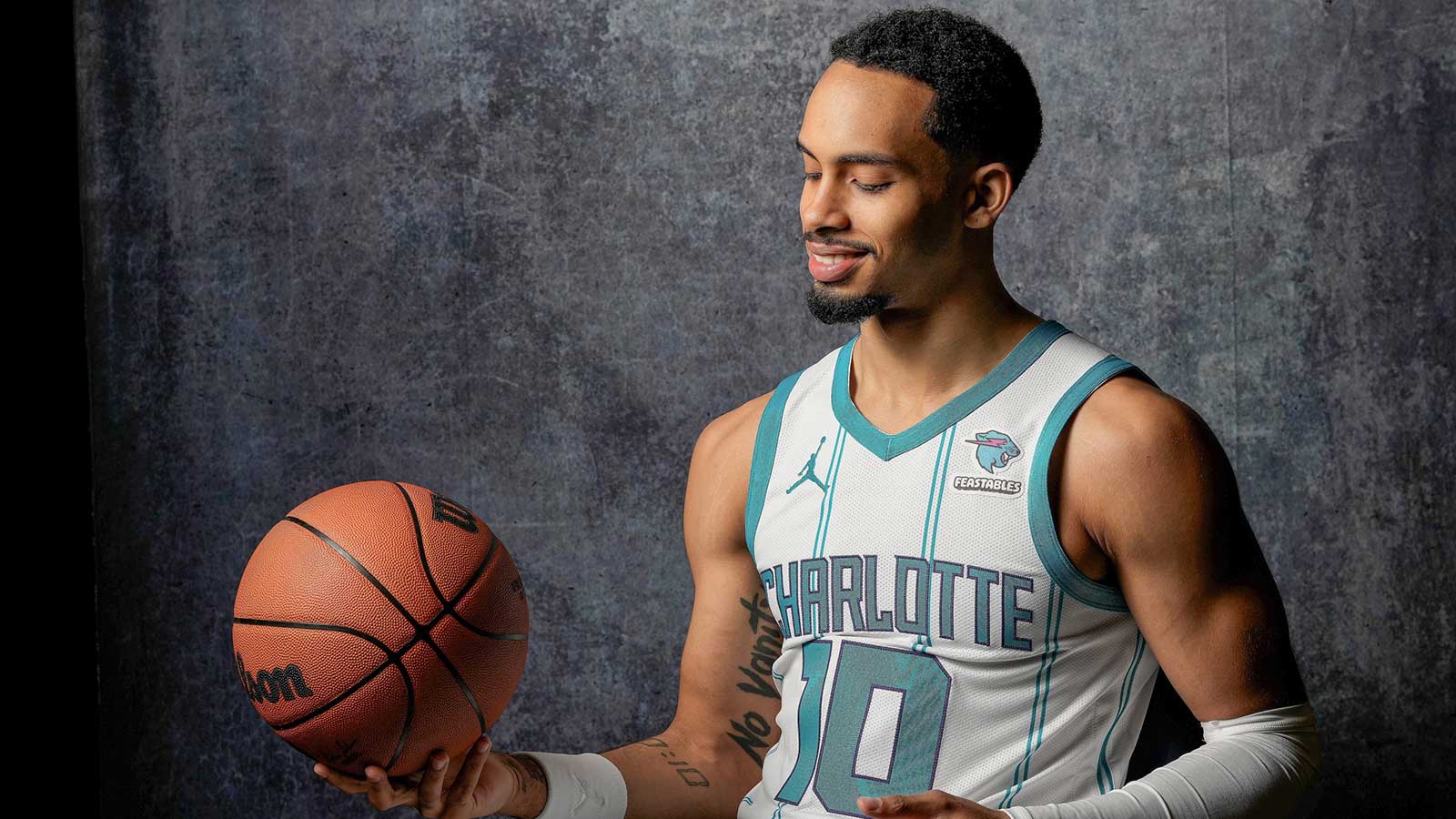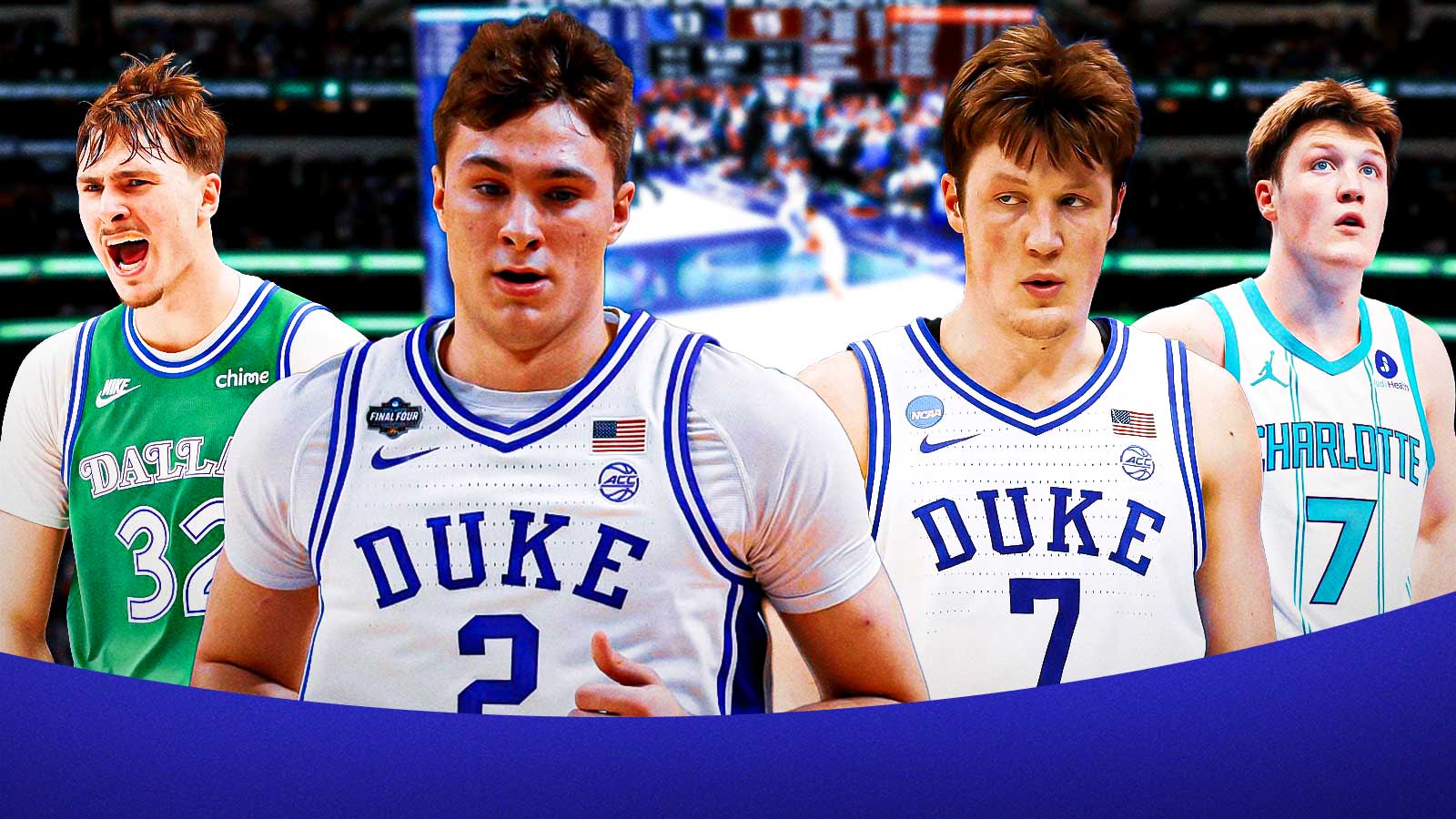The Charlotte Hornets are known more for acquiring talent through the NBA Draft, such as in the case of some of the franchise’s greatest players like Kemba Walker, Larry Johnson, and Baron Davis, or through trades, like Glen Rice and Eddie Jones. But the team has also been known to make splashes in free agency from time to time.
Over the years, the team has lured players who went on to play their best years with the Hornets, whether they are back to the basket big men, deadly shooters, or lockdown defenders.
Here are the five best free agent signings in franchise history.
5. Marvin Williams (2014-2020)
Williams, the second overall pick in the 2005 NBA Draft, joined the Hornets in free agency in July 2014, signing a two-year, $14 million deal. In his first season with Charlotte, Williams averaged 7.4 points, 4.9 rebounds, and 1.3 assists while shooting 42.9% from the field and 35.8% from 3-point range. But it was in his second season under coach Steve Clifford when the former North Carolina Tar Heel thrived, putting up 11.7 points, 6.4 rebounds, 1.4 assists while shooting 45.2% from the field and 40.2% from beyond the arc.
The 2015-2016 season also saw the Hornets finish with a 48-34 record, their best since the 1999-200 season, securing the sixth seed and returning to the playoffs. Charlotte would lose to the Miami Heat in seven games in the first round, but the front office liked what they saw in Williams, and brought him back on a four-year, $56 million deal.
He continued to put up decent numbers for the Hornets, but was unable to surpass his production in his second season. He was ultimately being waived by the team in February and finding his way to the Milwaukee Bucks before announcing his retirement at the end of their playoff run.
During his time with the Hornets, Williams averaged 9.7 points, 5.3 rebounds, and 1.3 assists, shooting 43.7% from the field and 37.8% from downtown. He may not have put up big numbers for the Hornets, but he was an important cog in one of the franchise’s most successful teams in recent memory, and ended up staying in Charlotte for almost six seasons.
4. Bobby Phills (1997-2000)
After spending the first six seasons of his career with the Cleveland Cavaliers, shooting guard Bobby Phills decided to join the Charlotte Hornets as a free agent. In his first season with the team, he put up 10.4 points, 3.5 rebounds, three assists, 1.3 steals while shooting 44.6% from the field and 38.6% from beyond the arc. Aside from establishing himself as one of the team’s leading scorers, Phills also helped the team reach 51 wins on their way to a playoff appearance.
His best season for the Hornets happened the following season, when he put up 14.3 points, four rebounds, 3.5 assists, and 1.4 steals on 43.3% shooting from the field. He would play one more season for the Hornets before being tragically killed in a car accident on January 12, 2000. Even though he played less than four seasons with the Hornets, he was able to establish himself as one of the team’s best players as a contributor on offense and being a lockdown defender.
Phills would become the first Charlotte Hornets player to have his jersey retired, which was done in a ceremony on February 9, 2000.
3. Johnny Newman (1990-1993)
Charlotte was only in its third year as an expansion team in the league when forward Johnny Newman signed with the Hornets as a free agent. He was coming off a strong season with the New York Knicks, but would go on to play his best season for the Hornets. In his first season in Charlotte, Newman averaged a career-high 16.9 points, 3.1 rebounds, 2.3 assists, 1.2 steals while shooting 47% from the field.
He was the second-leading scorer on the team behind Armen Gilliam, who played just 25 games in the season. Newman would go on to play four seasons with the Hornets, playing a supporting role to All-Stars like Larry Johnson and Alonzo Mourning along with Muggsy Bogues and Dell Curry.
He helped Charlotte reach the playoffs for the first time in franchise history in the 1992-1993 season when the team finished with a 44-38 record and the fifth seed in the East. During that playoff run, Charlotte managed to beat the fourth-seeded Boston Celtics in the first round before losing to the Knicks in five games in the Conference Semifinals.
In four seasons with Charlotte, Newman averaged 14.7 points, 2.9 rebounds, 2.2 assists, and 1.1 steals while shooting 48.8% from the field. More importantly, he helped the Hornets achieve their first winning season and first playoff run in their fifth year in the league.
2. Al Jefferson (2013-2016)
Charlotte played its final season as the Bobcats during the 2013-2014 season. At the time, it wasn’t an ideal free agent destination, as the team was coming off a 21-61 season and was the second-worst team in the Eastern Conference. The Bobcats were also just two years removed from its ignominious 2011-2012 season when they finished with a 7-59 record, which set the record for the worst winning percentage (.106) and the worst record in NBA history.
But in July 2013, big man Al Jefferson left the Utah Jazz to sign a three-year, $40.5 million deal with Charlotte. Though he wasn’t able to join the team in the preseason and first few games, he quickly made an impact for Charlotte upon his arrival. In his first season with the team, the Big Al averaged 21.8 points, 10.8 rebounds, 2.1 assists, and shot 50.9% from the field.
He helped the Bobcats to a 43-39 record and a return to the playoffs as the seventh seed after a three-year absence, though they would be swept by the Miami Heat in the first round. Jefferson was later named to the All-NBA Third Team, the only time it happened in his career.
He was limited to just 47 games in his third season, but still helped the Hornets to a 48-34 record and a playoff berth as the sixth seed, though they would lose to the Heat again, this time in seven games. Jefferson signed with the Indiana Pacers the following season and retired last year. In three seasons with the Bobcats and Hornets, he averaged 17.5 points, 8.9 rebounds, 1.8 assists, shooting 49.5% from the field.
But more than his big numbers, Jefferson helped Charlotte return to the playoffs and regain respectability after its disastrous campaign earlier in the decade.
1. David Wesley (1997-2002)
In the summer of 1997, the Hornets made one of the biggest splashes in free agency in franchise history when they signed shooting guard David Wesley from the Boston Celtics. Wesley, who was entering his fifth season in the NBA, averaged 16.8 points, 3.6 rebounds, 7.3 assists, and 2.2 steals while shooting 46.8% from the field in the previous year with the Celtics.
His numbers took a slight dip when he joined Charlotte, as he put up 13 points, 2.6 rebounds, 6.5 assists, 1.7 steals, and shot 44.3% from the field. He was the second-leading score behind All-Star Glen Rice, helping the team to the fourth seed in the East in the playoffs, where they lost to Michael Jordan and the Chicago Bulls in the Conference Semifinals.
When Rice was traded to the Los Angeles Lakers, he remained as one of the team’s leading scorers along with All-Star Eddie Jones, who the Hornets acquired for Rice. When Jones was also traded two seasons later, he helped keep the team afloat with Jamal Mashburn, the team’s new star from the Miami Heat.
His best year with the team came during the 2000-2001 season, when he averaged a career-best 17.4 points, 2.7 rebounds, 4.4 assists while shooting 42.4% from the field and 37.6% from the 3-point line. Wesley was the second-leading scorer on the Hornets behind Mashburn, helping the team to 46 wins and the sixth seed in the East. They went on to reach the Conference Semifinals again, losing to the Milwaukee Bucks in seven games.
When he left to join the Houston Rockets in 2004, he had played for both the Charlotte and New Orleans Hornets for eight seasons. In five years in Charlotte, Wesley averaged 14.5 points, 2.7 rebounds, 5.3 assists, and 1.5 steals, shooting 42.5% from the field. More importantly, he helped the Hornets make the playoffs in four of his five seasons, which includes three appearances in the Conference Semifinals. He was a steadying force and helped keep the Hornets in contention as the team transitioned from one star to another.
While he never received the recognition they had, Wesley was an important part of one of the most successful stretches in franchise history.






